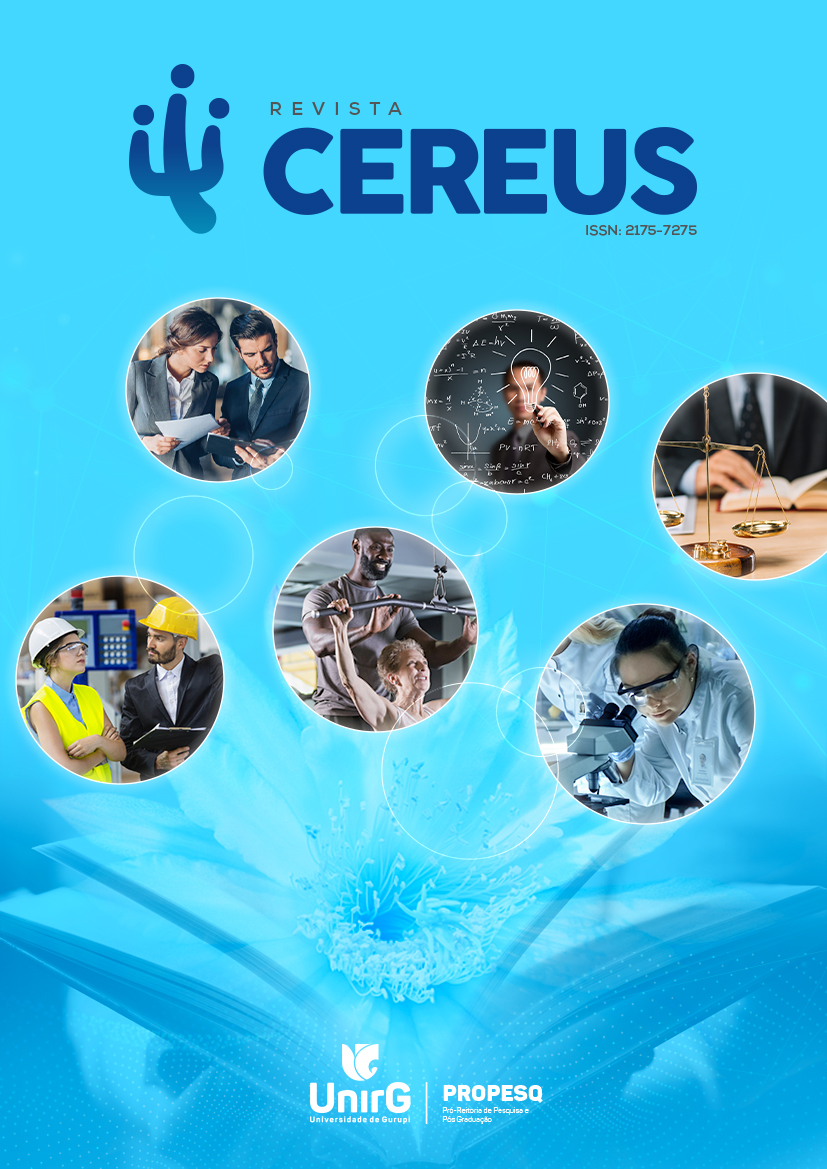Self-medication among healthcare professionals:A review on the abusive use of medications
Resumo
Self-medication is the practice of consuming medications independently, without guidance or prescription from a qualified professional. It is a growing phenomenon in Brazil, with about half of the population engaging in this practice. This trend is concerning and multifactorial. Additionally, healthcare professionals are also susceptible to self-medication, often influenced by work overload and personal issues. Thus, this study aims to identify in the literature the factors influencing excessive medication use among healthcare professionals and the most commonly used drug classes. This is an integrative review considering articles from the last five years (2019–2023), available in databases such as ScienceDirect, PubMed, Scielo, and Capes-Periódicos. It was observed that the most commonly used medications in self-medication among healthcare professionals were analgesics, due to their easy accessibility. Other frequently used drugs include psychotropics, antipyretics, and antibiotics. The main factors contributing to this practice are exhaustive working hours, psychological issues already caused by excessive workload, age groups, and sociodemographic and cultural factors. Thus, self-medication among healthcare professionals reflects multifaceted challenges, highlighting the need for policies and strategies to mitigate the impacts of this concerning practice.
Copyright (c) 2025 REVISTA CEREUS

This work is licensed under a Creative Commons Attribution-NonCommercial-NoDerivatives 4.0 International License.
DECLARAÇÃO DE TRANSFERÊNCIA DE DIREITOS AUTORAIS
Os autores do manuscrito submetido declaram ter conhecimento que em caso de aceitação do artigo, a Revista Cereus, passa a ter todos os direitos autorais sobre o mesmo. O Artigo será de propriedade exclusiva da Revista, sendo vedada qualquer reprodução, em qualquer outra parte ou meio de divulgação, impressa ou eletrônica.


